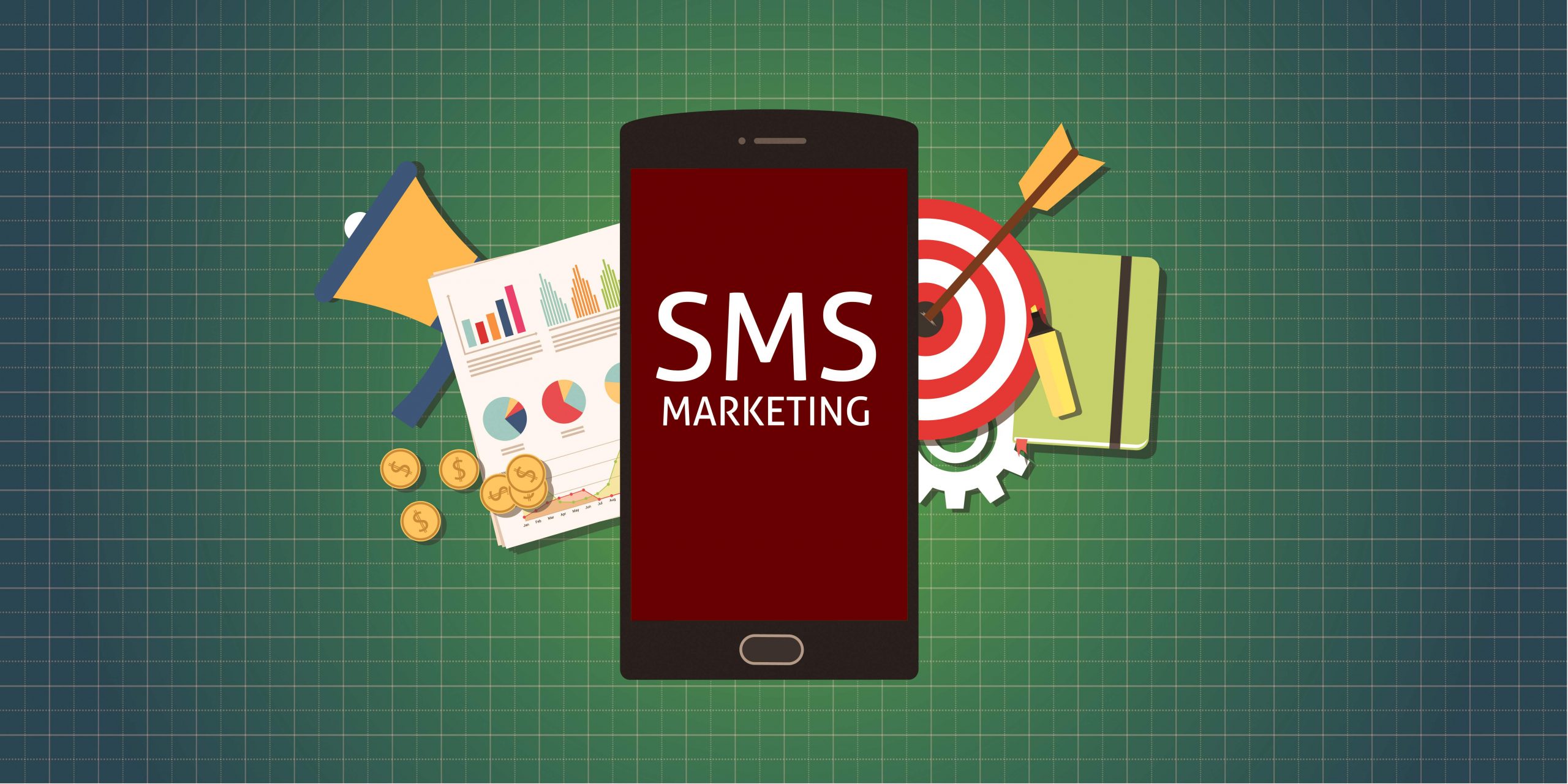Cost-Effective SMS Marketing Strategies
Executing cost-effective SMS marketing campaigns involves optimizing your approach to ensure you achieve the best results with the resources available. Here are some strategies to consider:
1. Define Clear Objectives:
Before launching any SMS campaign, establish clear and measurable goals. This allows you to focus your budget on achieving specific outcomes, such as increasing sales, driving website traffic, or boosting event attendance.
2. Audience Segmentation:
Segment your SMS marketing list based on demographics, behavior, or engagement level. This targeted approach ensures that your messages are relevant to the recipients, increasing the likelihood of success.
3. Automation:
Leverage marketing automation tools to streamline campaign management. Automated messages for welcome series, abandoned cart reminders, or birthday greetings can save time and money while maintaining customer engagement.
4. Content Efficiency:
Craft concise and compelling SMS messages. With character limitations, every word counts. Effective messages not only convey your offer but also encourage action.
5. Timing Optimization:
Send SMS messages at the right time. Consider your audience's time zone and behavior patterns to maximize the impact of your campaigns. Avoid late-night or early-morning messages to respect recipients' schedules.
6. A/B Testing:
Regularly conduct A/B testing to refine your messaging strategy. Testing variables like message content, sender name, and call to action can help you identify what resonates most with your audience.
7. Mobile Optimization:
Ensure that your SMS messages are mobile-optimized. This includes using responsive design, concise links, and a mobile-friendly landing page to enhance the user experience.
8. Monitor Results:
Regularly analyze campaign performance by tracking key performance indicators (KPIs) like open rates, click-through rates, and conversion rates. Use the insights gained to refine future campaigns.
Allocating Budgets for SMS Campaigns
Budget allocation for SMS campaigns should be a well-thought-out process. Here's a step-by-step guide to help you determine where your budget should be allocated:
1. Define Your Budget:
Start by defining the overall budget you have allocated for SMS marketing. This could be a monthly or annual budget, depending on your business goals and financial capacity.
2. Prioritize Campaign Types:
Identify the types of SMS campaigns you plan to run. Common campaign types include promotional campaigns, transactional messages, and customer service. Allocate budget resources based on the importance of each type to your overall marketing strategy.
3. Audience Size and Volume:
Consider the size of your SMS marketing list and the volume of messages you plan to send. Larger lists and high message volume will naturally require more significant budget allocations.
4. Messaging Costs:
SMS messages typically have associated costs. Research and negotiate pricing with your SMS gateway provider to determine the cost per message. Calculate the estimated cost for the number of messages you intend to send.
5. Technology and Tools:
Invest in marketing automation tools and SMS marketing platforms. Consider the costs of these technologies and allocate budget for their maintenance and optimization.
6. Content Creation and Creative:
Budget for content creation, design, and any creative assets needed for your SMS campaigns. This includes graphics, videos, and copywriting.
7. A/B Testing and Optimization:
Allocate budget for A/B testing tools and resources. Continuously optimize your campaigns to improve performance.
8. Reporting and Analytics:
Invest in analytics tools to track and measure the success of your SMS campaigns. Accurate data is essential for making informed budget decisions.
9. Compliance and Legal Expenses:
Budget for legal expenses associated with compliance, including legal consultations to ensure you're adhering to SMS marketing laws and regulations.
10. Miscellaneous and Contingency:
Set aside a portion of your budget for unforeseen expenses or opportunities that may arise during your SMS marketing campaigns.
Monitoring and Adjusting Budgets
Once your SMS marketing campaigns are in progress, continuously monitor your budget and campaign performance. Be prepared to adjust your allocations based on what is working and where you see the best return on investment.
In conclusion, cost-effective SMS marketing is attainable through careful planning, targeted strategies, and smart budget allocation. By optimizing your campaigns and allocating resources wisely, you can leverage the power of SMS marketing to engage your audience while managing costs effectively. Remember that SMS marketing is not just about spending—it's about spending wisely to achieve your business goals.
